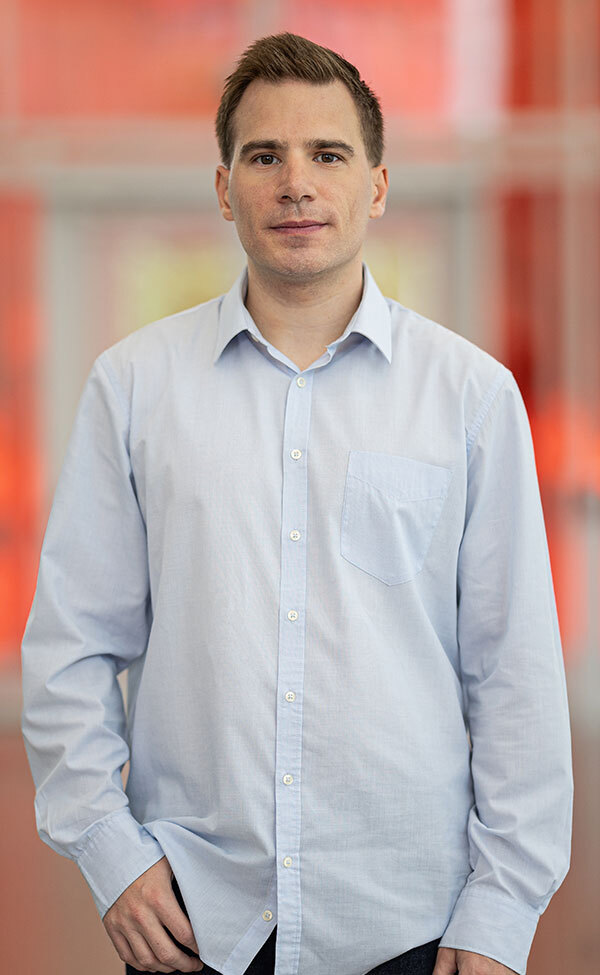
“Valentine, utterly devastated at having hit the poor dog, takes her home.” Sad ride. But whose “home”? Valentine’s or the dog’s?
Here is an example of ambiguity that can lead to many detours! Let’s imagine that the technical document on the launch of a space probe doesn’t stress the importance of using the metric system rather than the imperial one. The software would then calculate in pounds rather than newtons (one pound equals 4.45 newtons). No wonder this probe crashed on Mars. True fact. And how much did this confusion cost? US$325 million, the cost of putting the probe into orbit in 1999.
Maxime Warnier, Professor of Communications in the General Education Department, focuses on the science of language to better equip ÉTS engineers. Whether software specifications, service offers, minutes or technical reports, these texts intended for other industry specialists must be clear, precise and intelligible. No rhetoric, figures of speech or metaphors!
Fascinated with words from a very early age, Maxime Warnier holds a bachelor’s degree in French and Romance languages and literature from the Université de Liège in Belgium, a master’s degree in linguistics from the Université catholique de Louvain, also in Belgium, and a PhD in language science from Université Toulouse - Jean Jaurès, France.
He wanted to be a French professor, until he discovered linguistics. “Studying language from a scientific point of view, and being able to analyze what people really wrote or said, rather than what we think they wrote or said—this just clicked for me,” admits the young researcher.
A Meeting of Two Passions
During his master’s studies, Maxime had the opportunity to meet three professors, Anne Catherine Simon, Cédrick Ferron and Hubert Naets, who introduced him to the world of corpus analysis and natural language processing. Maxime felt privileged to be able to combine his two passions: language and computer science.
He pursued his research in linguistics at the PhD level, under the supervision of Anne Condamines, then at the post-doctoral level, working closely with engineers from the French national space agency (CNES, Centre national d'études spatiales). The challenge: to improve the drafting of technical requirements by limiting the risks associated with ambiguity, vagueness and incompleteness.
A Controlled yet Not Stifled Language
Based on his analysis of authentic documents, the PhD student of the time proposed an outcome that was intended to be ergonomic. “Writing rules must be understandable and easy to follow, otherwise there’s the risk they’ll simply be ignored,” Maxime explains.
Maxime Warnier earned his PhD in 2018 and completed his postdoctoral training the following year.

Teaching Is Sharing
Throughout his PhD studies and beyond, Maxime has pursued a teaching career. Former lecturer in France, university lecturer in Romania, trainer at the Université de Montréal and now, since 2024, teaching professor at ÉTS, Maxime Warnier enjoys sharing his thoughts on the use of language.
“I’d like engineers to have a more serene relationship with language, no longer perceiving writing as a constraint, but experiencing a certain satisfaction in improving the way they write,” concludes Maxime.
And then, to use the paraleipsis form—a rhetorical approach well known to Maxime Warnier—it goes without saying that the right words can make all the difference between launching an idea into orbit and seeing it crash to the ground.
___________________________________
1. "Mars Climate Orbiter"; Nasa [https://science.nasa.gov/missi...]



